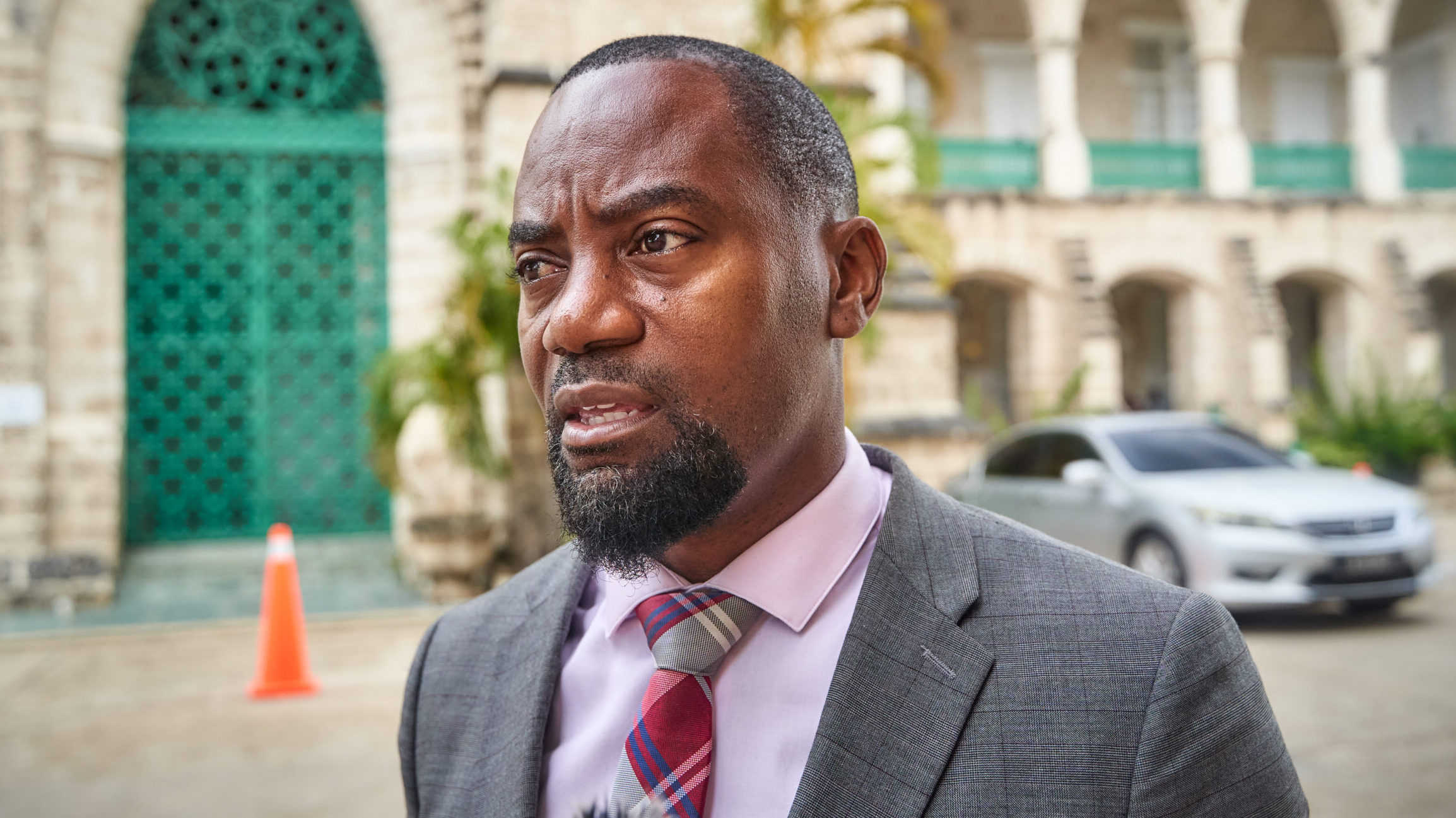Urgent Calls for Enhanced Climate Resilience in Fishing Industry Post Hurricane Beryl

July 10, 2024
Hurricane Beryl's impact on the fishing industry prompts urgent calls for enhanced climate resilience strategies. Government officials discuss the need for new approaches to combat increasingly severe storms and coastal damage.
The extensive damage caused to the fishing industry by the rampaging Hurricane Beryl has led to urgent calls for a radical overhaul of climate resilience strategies. The wreckage of fishing boats caused by the storm and the likelihood of even more severe hurricanes due to climate change were on the forefront of the minds of government ministers as they debated the Marine Transport Emissions Control Bill on Tuesday.
“We have to rethink resilience; previously resilience meant that you would get hit by a hurricane in 1985, and you would be unlikely to be hit again until 1995 or beyond. The new climate crisis presents us with the unfortunate reality where you can be hit by a Category 5 hurricane in June – the first ever recorded in history – and then be hit again by a Category 5 hurricane in July. We have to rethink resilience,” advised Kirk Humphrey, the former Minister of the Blue Economy, during Tuesday’s discussion.
“No person has a blueprint for what we are dealing with. Therefore, leadership is often the art of informed improvisation. We now have to reflect on the things we did and try new approaches. The level of resilience required now is not what we are used to,” he said.
Humphrey’s successor, the current minister, Adrian Forde, echoed these sentiments, painting a vivid picture of the destruction wrought by Beryl.
Forde suggested that Beryl had brought on a new level of coastal assault, smashing through sea defences that had survived previous hurricanes for over three decades, and recommended tripling the size of wave-dissipating blocks.
“We’ve experienced Tomas in 2010; we’ve experienced Elsa in 2021, and that breakwater system protected the 200-plus vessels. What we saw with Beryl were swells that were, according to the fisherfolk, above 30 feet, with extreme energy that broke the system that protected us for 35 years.
“Now the conversation is about resilience and how we can do things better to ensure that instead of a five-tonne dolos [wave-dissipating concrete block], we have some that are 15 tonnes,” he said
Despite the huge losses experienced by the fishing community, the minister sees an opportunity for renewal, as he reemphasised the government’s commitment to rebuilding the fishing fleet, “even if we have to go outside of the region, so that the industry can be rebuilt.
“We’ve said that even if it requires us to bring in new boats to help the industry, we will do so. Here lies the opportunity to improve our vessels,” stressed the minister, who added that the administration would construct the necessary breakwaters and coastal infrastructures—from St Lucy straight to the port and beyond, he said – to mitigate damage to the coastal environment.
In a nod to green solutions, Forde, the minister for the green economy, highlighted the unexpected heroes of the hurricane: trees, whose roots held firm against the onslaught in parishes such as St James and St Peter.
“The importance of planting trees is evident because [of] what we saw in the St James and St Peter areas, where those tree roots were able to hold up the structures and save our embankments. Part of the plan is to ensure that we have those trees on our beach line so that they can protect it,” he assured.
(SB)


